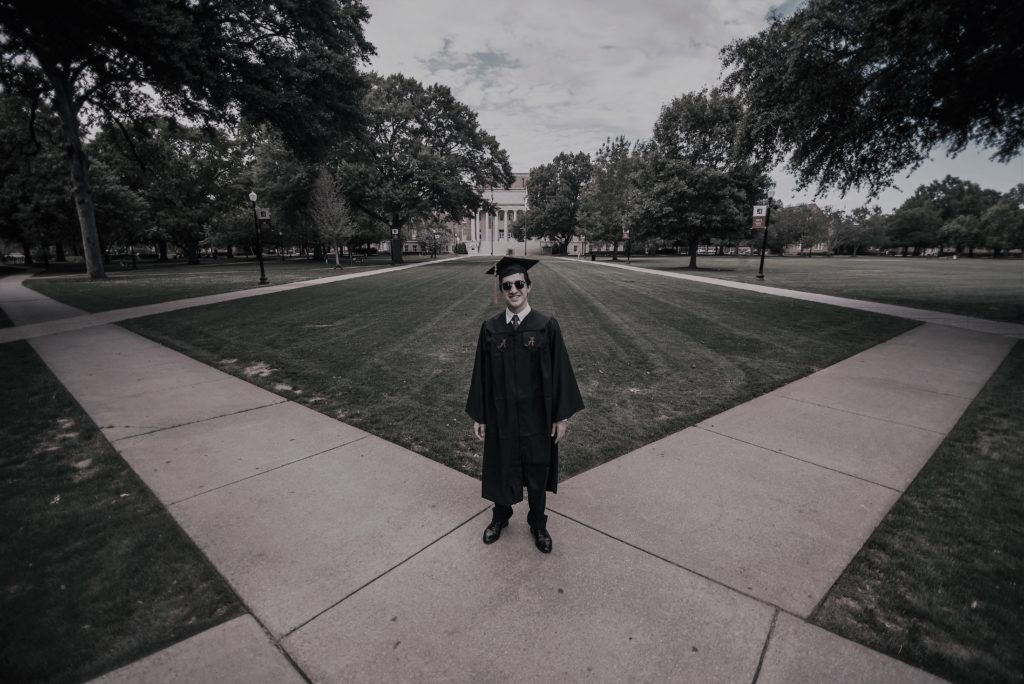No products in the cart.
Posts
CEEC: An Early College School With A Four-Year Partner
Dual credit, in which a student receives college credits for taking classes while in high school, has been around for a while. But the idea of an early college high school is newer and has tremendous potential as a more immersive and structured approach for guiding students towards completion of a postsecondary credential.
The Education Commission of the States offers a clear explanation of the early college high school model: “Starting in ninth grade, students embark on a curriculum of high school and, increasingly, postsecondary coursework. Five years later, students will have concurrently earned a high school diploma and an associate degree, technical credential or 60 credit hours of postsecondary coursework, allowing them to enter a four-year postsecondary institution as a junior.”
Most of these schools are built in partnership with a two-year college, allowing students to earn an Associate’s Degree that connects to an in-demand field; one of the more visible examples of this is the Pathways in Technology Early College High School, or P-TECH, which started in New York City as a collaboration between IBM, City University of New York – City Tech, and the New York City Department of Education.
While rarer, there are early college high schools that partner with four-year institutions; my son is fortunate to attend one here in Charlotte called the Charlotte Engineering Early College, or CEEC. CEEC was created as a collaboration between Charlotte-Mecklenburg Schools and the University of North Carolina at Charlotte (UNC-Charlotte). It’s a five-year school sitting on the campus of UNC-Charlotte; by the time they graduate, they can have gained up to 60 credits with this four-year system.
The first couple of years consist of high school classes, made more rigorous by using Project Lead the Way curricula and by the school’s partnership with the National Academy Foundation (it’s a NAF engineering school). The reason for the rigor: Students start taking college classes, on campus, sitting with college students, in 11th grade, and the bulk of their classes through 13th grade will be UNC-Charlotte offerings.
There’s a strong counseling component and a concerted effort on business engagement, with students regularly hearing from guest speakers, doing company tours, and participating in internships in later grades. I’m grateful for the opportunity my son has received (we were lucky, getting in via lottery), and can already see the difference this will make in his future.
Brett Pawlowski is Executive Vice President of NC3T, the National Center for College and Career Transitions (www.nc3t.com). NC3T provides planning, coaching, technical assistance and tools to help community-based leadership teams plan and implement their college-career pathway systems and strengthen employer connections with education.

